History / General
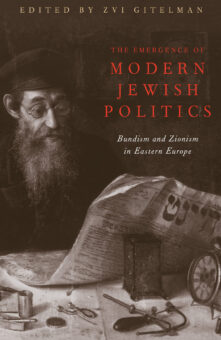
The Emergence Of Modern Jewish Politics
Bundism And Zionism In Eastern Europe
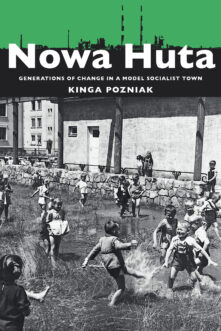
Nowa Huta
Generations of Change in a Model Socialist Town
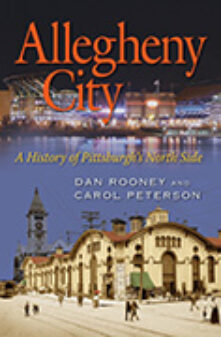
Allegheny City
A History of Pittsburgh's North Side
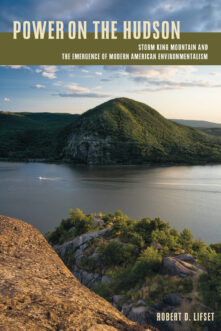
Power on the Hudson
Storm King Mountain and the Emergence of Modern American Environmentalism
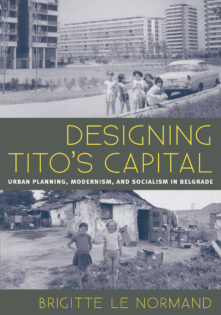
Designing Tito’s Capital
Urban Planning, Modernism, and Socialism in Belgrade
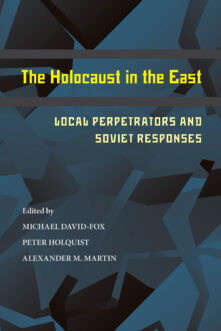
The Holocaust in the East
Local Perpetrators and Soviet Responses
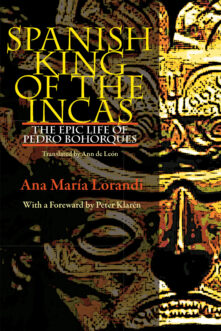
Spanish King Of The Incas
The Epic Life Of Pedro Bohorques
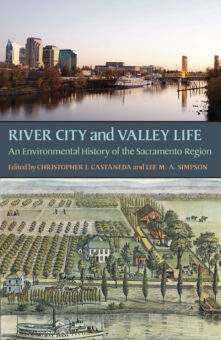
River City and Valley Life
An Environmental History of the Sacramento Region
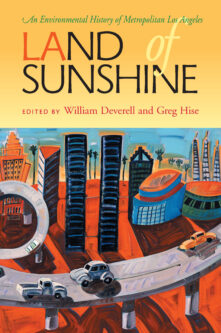
Land of Sunshine
An Environmental History of Metropolitan Los Angeles
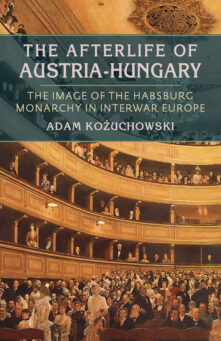
The Afterlife of Austria-Hungary
The Image of the Habsburg Monarchy in Interwar Europe
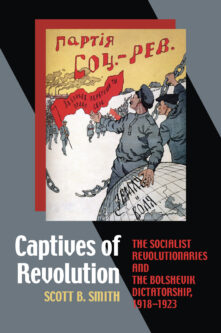
Captives of Revolution
The Socialist Revolutionaries and the Bolshevik Dictatorship, 1918–1923
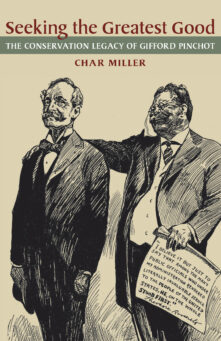
Seeking the Greatest Good
The Conservation Legacy of Gifford Pinchot
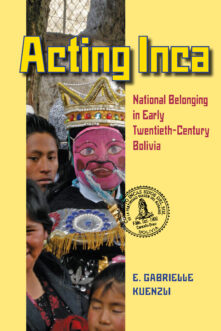
Acting Inca
National Belonging in Early Twentieth-Century Bolivia
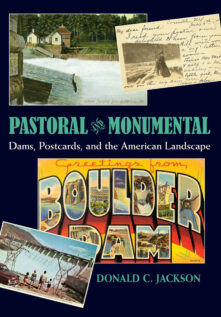
Pastoral and Monumental
Dams, Postcards, and the American Landscape
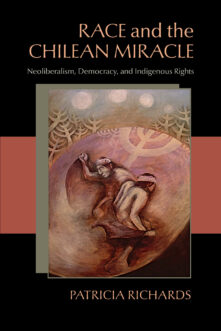
Race and the Chilean Miracle
Neoliberalism, Democracy, and Indigenous Rights
Total 212 results found.

